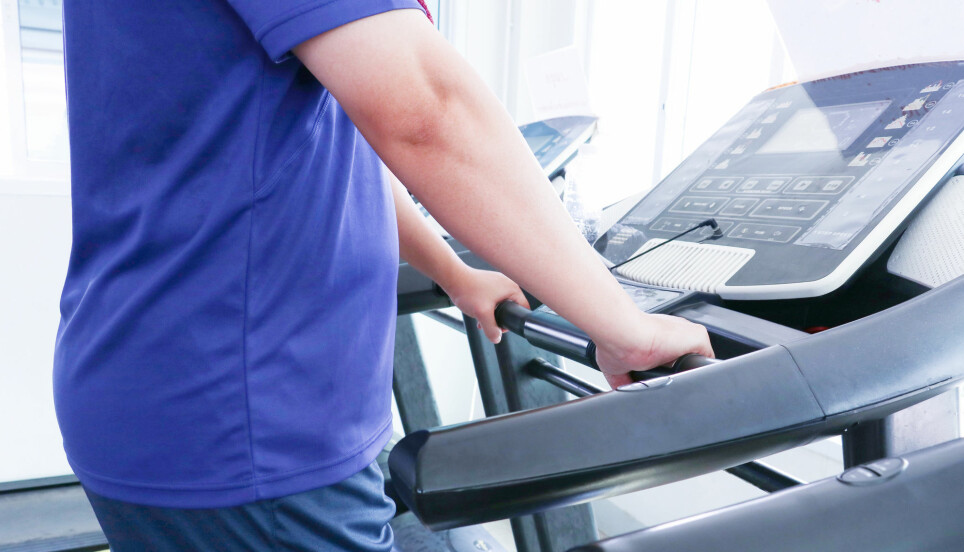
People who were seriously ill with Covid-19 are doing surprisingly well today
Doctors and researchers have studied long-term effects of Covid-19 in Norwegians who were seriously ill with the disease. They are surprised by the results.
Three months after having been discharged from the hospital following serious Covid-19, researchers tested the oxygen uptake of 156 patients.
20 per cent of the participants had been treated in the intensive ward, 13 per cent needed ventilators.
“We were worried about the effects on those who were admitted to hospital with serious Covid-19 disease”, Ingunn Skjørten says to the Norwegian broadcaster NRK. She is a specialist in internal medicine and lung diseases at the LHL-hospital at Gardermoen.
“We were particularly worried that the patients might have long lasting damages of their lungs”, she says.
When they analyzed the results of the tests however, the researchers were positively surprised.
Of the 156 participants, only a third still had low oxygen uptake three months after being discharged from the hospital.
“Considering how ill they actually were when in hospital, we expected a lot more of them to still experience this problem”, Skjørten says to NRK.
And there is more good news:
For the majority of those who did still experience problems with oxygen uptake, the solution is seemingly easy: they have to work out.
Inactivity was the problem
Because this was the other positive surprise: among the majority of those who still had a low oxygen uptake, their lungs were not the problem.
“This was very surprising”, Skjørten says to NRK.
When the researchers took a closer look at those who struggled with low oxygen uptake, the most important factor - observed in 63 per cent - was the fact that they were out of shape due to inactivity.
Even the participants who had been admitted to intensive care ward when hospitalized fared well in the researcher’s exercise tests. Their level of oxygen uptake was 82 per cent of that which a healthy person their age would have.
“We are very positively surprised at how well even those who were admitted to intensive care ward are doing”, Skjørten says.
Exercise to deal with long-term effects
The fact that most of the participants still experience low oxygen uptake due to being out of shape is good news, according to Skjørten.
It means that exercise can be used in order to deal with some of the long-term effects of serious Covid-19, NRK writes. And it means that the illness hasn’t caused as large and as permanent damages as the researchers feared.
Some of the patients however did experience changes in their bodies due to the coronavirus.
For 22 per cent of those with low oxygen uptake, the cause was a cardiovascular problem. And 14 per cent had trouble with their lungs.
“Among those who have a low uptake of oxygen due to the condition of their lungs, we have to assume that the coronavirus is the cause”, Skjørten says.
Will follow up on the 156 patients
Even if it may be uncomfortable and perhaps even scary to exercise for people who feel short of breath after Covid-19, Skjørten says that exercise is not a problem for most people.
Most people can, three months after having been discharged from hospital, expose themselves to a fairly high level of pressure during exercise, in a safe manner, according to the researcher.
Skjørten is looking forward to following the process of the 156 patients, who will be back for new tests 12 months after they were hospitalized with the virus.
“We are particularly curious to see how those with changes in their lungs and the cardiovascular system are doing. We expect at least some of these to be doing better after a year”, Skjørten says.
Edited 26. 08. 2021: This article was originally published with the title "Working out may help people who were seriously ill with Covid-19"
Reference:
Skjørten et al, Cardiopulmonary exercise capacity and limitations 3 months after COVID-19 hospitalisation, European Respiratory Journal, 2021































